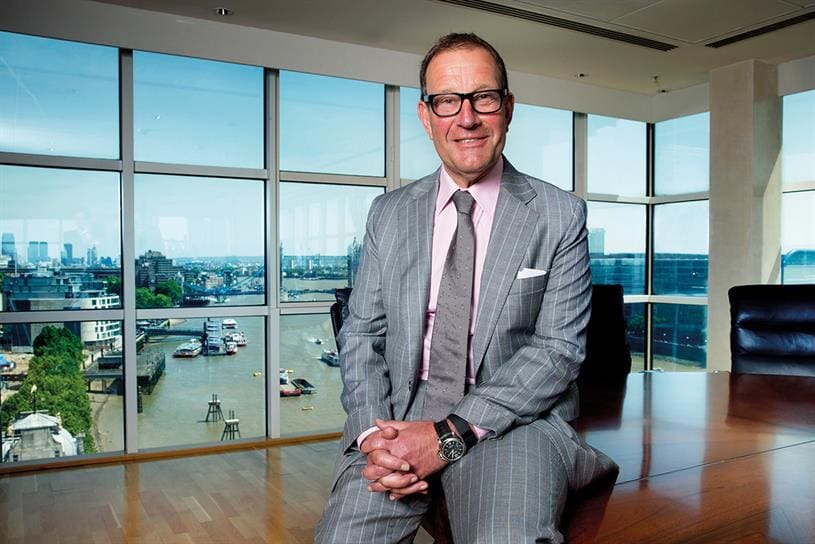The UK Gambling Commission is preparing to settle a £200 million legal claim by media mogul Richard Desmond over the award of the National Lottery license, aiming to resolve a dispute that has hampered technology upgrades.
Britain’s gambling regulator is reportedly in the process of settling a £200 million damages claim brought by media mogul Richard Desmond over the operation of the National Lottery. The Gaming Commission has requested a mediation meeting with Mr Desmond’s company, Northern & Shell, and is proposing an out-of-court solution to the legal dispute. This meeting is expected to take place in the coming weeks.
Although the settlement is intended to address the substantial claim, it is believed that the final agreement may not reach the full £200 million initially requested by Mr Desmond.
The decision to settle comes amid growing concerns that the ongoing legal battle is complicating efforts to improve the technological systems underpinning the National Lottery, Britain’s largest distributor of charitable funds.
Mr Desmond launched an appeal to the High Court after the Gambling Commission awarded the fourth National Lottery license to Czech operator Allwyn, beating bids from Northern & Shell and incumbent operator Camelot, which had run the lottery since its inception in 1994 bypassed.
Allwyn, controlled by billionaire gas magnate Karel Komárek, took control of the lottery in February. However, his tenure has been beset by problems, including delays in the transition to a new technology provider. The company’s plan to introduce a new IT system has been repeatedly postponed, with further delays expected.
This technology overhaul is key to Allwyn’s strategy to launch new games and double the lottery’s charitable contributions from £17 billion to £34 billion over a ten-year licensing period.
It is understood that the Gaming Commission’s eagerness to reach a settlement is partly due to the expectation that the IT upgrade deadline will have to be extended again. Officials are reportedly reluctant to grant another extension while Mr Desmond’s legal proceedings are pending, fearing it could strengthen his claim that awarding the license to Allwyn was a mistake and that the auction process was flawed.
In February, Northern & Shell initiated tender proceedings against the Gaming Commission over its decision. At a High Court hearing in June, the company described the licensing process as ‘seriously flawed’ and accused the Commission of ‘giving unfairly favorable treatment to Allwyn’. Mr Desmond has previously questioned Allwyn’s suitability, stating that they “have no experience in Britain.”
Industry experts suggest Allwyn’s new systems should have been operational when Allwyn took over the license. Robert Chvátal, Allwyn’s CEO, had warned of possible delays before the transition. The company missed its summer deadline and is now reportedly targeting February 2025, although insiders believe this could be pushed back further, potentially impacting charitable donations.
Allwyn has attributed some setbacks to a legal dispute with former IT supplier International Game Technology (IGT). Although IGT’s legal challenge was dismissed by the Supreme Court in 2023, the company continued to seek damages until January this year.
Prolonged delays could hinder Allwyn’s ability to achieve its ambitious fundraising goals. The company is already falling short of sales forecasts, with turnover expected to be significantly lower than the £8.2 billion Camelot achieved in the last year.
The National Lottery remains one of the most lucrative government contracts in Britain and the largest source of funding for sport, heritage and charities across the country.
A spokesperson for the Gambling Commission said: “In accordance with the court’s order, the parties should consider resolving this dispute through some form of alternative dispute resolution at all stages. Naturally, the Commission will continue to take these requirements into account.”
A representative from Allwyn commented: “We are investing more than £350 million in the largest technology upgrade in the history of the National Lottery, and we are working to transition from existing legacy systems to our new modern platform. Once live, we will be able to transform the way customers play the National Lottery and, crucially, generate even more proceeds to good causes.”
A spokesman for Mr Desmond declined to comment.

